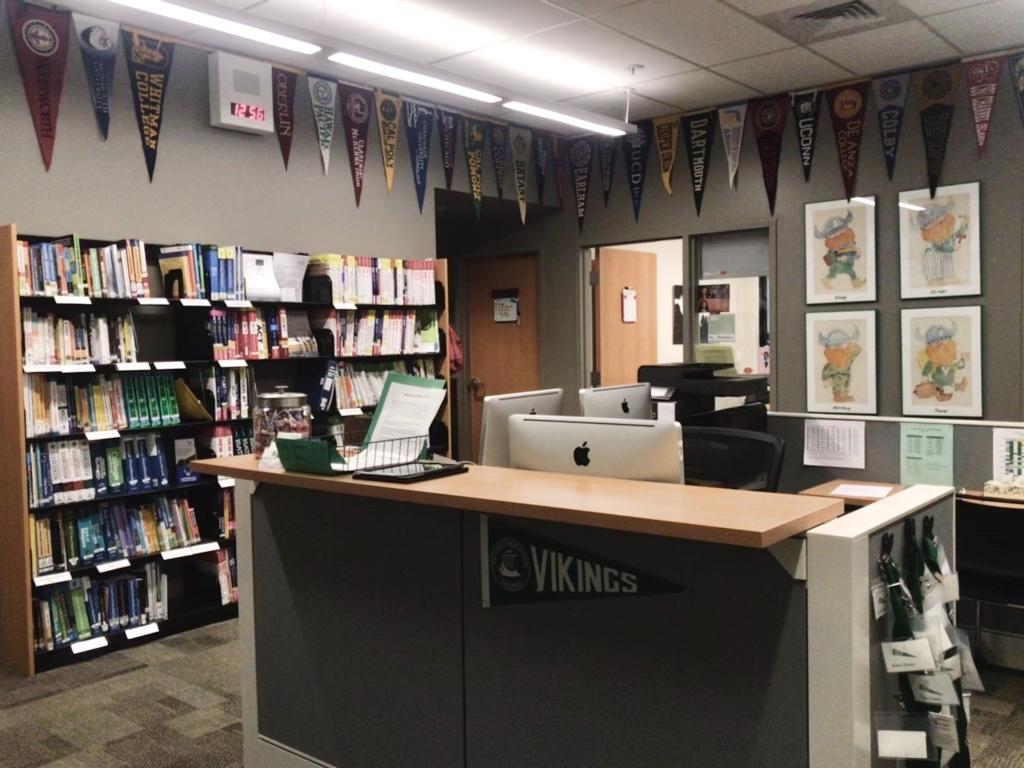Some defendants, coaches and university officials involved in the college admissions scandal are facing new charges as of Oct. 22, resparking discussion of the event.
According to National Public Radio, 11 defendants now face charges of “conspiring to commit federal program bribery.” Seven university coaches and officials also face new charges of “conspiring to commit mail and wire fraud,” “honest services mail and wire fraud” and “committing federal program bribery.”
Palo Alto High School College and Career Center adviser Sandra Cernobori said she supports punishing those involved, as it has upset many — especially those without the resources to “play the game” of the college admissions process.
“There are people in positions of privilege who have money to hire independent folks … and people think that they can do things that are not ethical to get an advantage,” Cernobori said.
Stanford University freshman Emma Williamson argues that these penalties may just lead to more careful violators.
“I think it [the charges] will be more effective at scaring the people that are not very good at gaming the system, but I think that it will make the people that already are confident at gaming the system more subtle,” Williamson said.
“I think that one of the main things we can do is really just encourage having more open dialogue and having more conversation around why we feel this need to go to a certain school to succeed.”
— Soumya Jhaveri, Class of 2019
Now, students and community members are analyzing how a similar situation might be prevented in the future. Class of 2019 Paly alumna Soumya Jhaveri, who currently attends Northwestern University, said Paly should create more discussion and awareness to help shift mindsets revolving around college admissions.
“I think that one of the main things we can do is really just encourage having more open dialogue and having more conversation around why we feel this need to go to a certain school to succeed,” Jhaveri said.
Parents who still have yet to plead guilty will face even more severe charges than before, if convicted. Cernobori views this as a crucial learning experience for the Paly community.
“For 15 years I’ve been [advocating] about finding a fit —that the name brand is not the only thing,” Cernobori said. “You need to dive deep into your individual research and really evaluate how it [the college] fits.”
Related Stories
Are college applications raising narcissists?
Rethinking affirmative action: Should colleges weigh socioeconomic status more
The application introspection: Applying to college helped me meet myself



